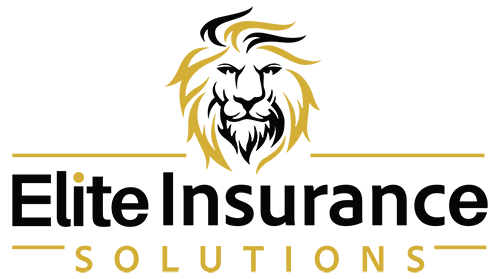As the end of the year approaches, small business owners find themselves juggling various responsibilities. While it’s tempting to focus solely on holiday sales or closing out financial records, it’s equally important to set your business up for success in the coming year. Reviewing your insurance policies, ensuring licenses are up to date, and updating risk management strategies are essential steps for protecting your business. Here’s a detailed checklist to help you prepare.
- Review Your Business Insurance Policies
Insurance is a cornerstone of risk management for any business, and the end of the year is the perfect time to assess your coverage. Start by reviewing these key policies:
- General Liability Insurance: This protects your business from claims related to accidents, injuries, or property damage. Verify that your coverage limits are adequate for your current operations.
- Workers’ Compensation: If you have employees, this coverage is likely required by law. Ensure it reflects any changes in your workforce over the past year.
- Business Interruption Insurance: This critical policy helps cover lost income in the event of disasters or other disruptions. Make sure it aligns with your operational needs.
If your business has expanded or diversified, you may need to adjust your policies to reflect new risks or assets.
- Renew Licenses and Permits
Every business operates under specific licenses and permits, and keeping them current is non-negotiable.
- Check Renewal Deadlines : Late renewals can result in fines or operational delays. Start the process early to avoid last-minute issues.
- Stay Compliant with Regulations: Local and state laws often change. Make sure your business meets all new requirements, especially if your industry is heavily regulated.
Failing to maintain proper licensing can jeopardize your business’s reputation and legal standing.
- Update Risk Management Strategies
The business landscape changes rapidly, and what worked last year may no longer be sufficient.
- Cyber Liability Insurance: If your business handles customer data or relies on technology, consider adding cyber coverage to protect against data breaches and cyberattacks.
- Disaster Recovery Plans: With Florida’s hurricane season fresh in mind, ensure you have strategies in place for weather-related disruptions. Review your policies for flood and windstorm coverage if applicable.
Risk management is not just about mitigating losses—it’s about ensuring your business can recover and thrive after unexpected events.
- Assess Employee and Contractor Insurance Needs
Your workforce is a vital part of your business, and their protection should be a priority.
- Verify Workers’ Compensation Coverage: Confirm that all employees, including any new hires, are covered under your workers’ compensation policy.
- Review Contractor Agreements: If you work with independent contractors, ensure they have adequate insurance to minimize liability risks for your business.
Providing proper coverage not only protects your employees but also boosts morale and demonstrates that you value their contributions.
- Plan for Tax Implications and Budgeting
End-of-year reviews aren’t just about insurance and compliance—they’re also about preparing financially.
- Budget for Premiums(: Set aside funds for next year’s insurance premiums to avoid cash flow issues.
- Leverage Deductions: Many business-related insurance premiums are tax-deductible, so consult your accountant to maximize savings.
A little planning now can make a big difference when tax season rolls around.
Why Preparation Matters
The end of the year is a natural time to reflect on your business’s progress and plan for the future. By addressing insurance, licensing, and risk management now, you can step into the new year with confidence, knowing your business is protected.
Elite Insurance Solutions services Tampa Bay, Clearwater, St. Petersburg, Land O’ Lakes, and the surrounding area. Our office is able to serve all Florida residents with their commercial insurance needs.




